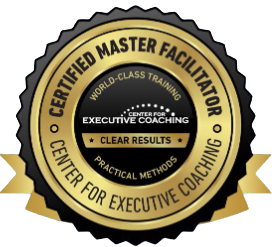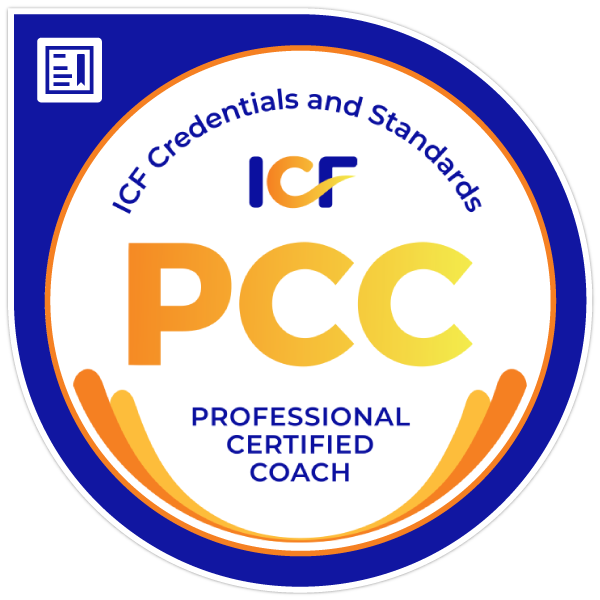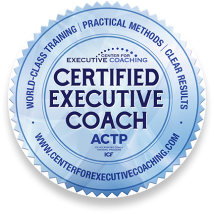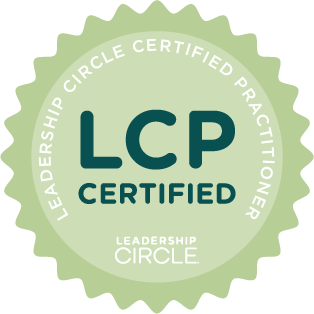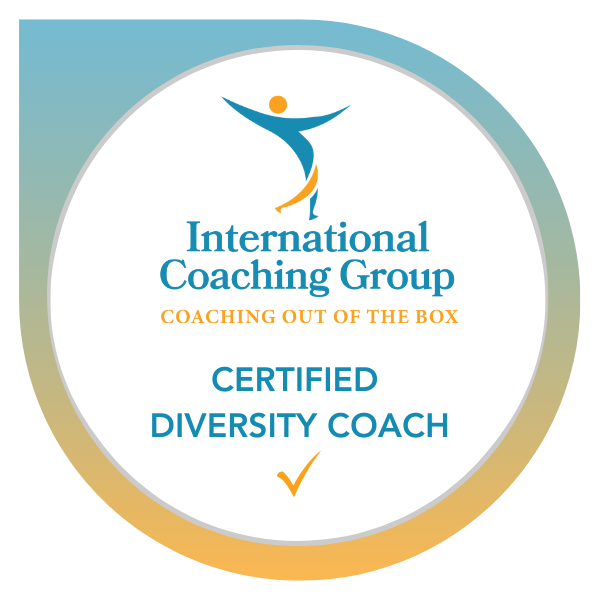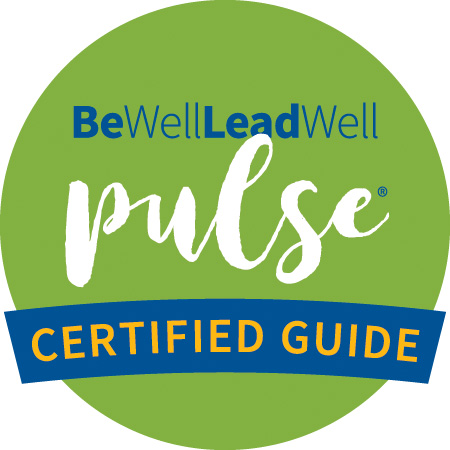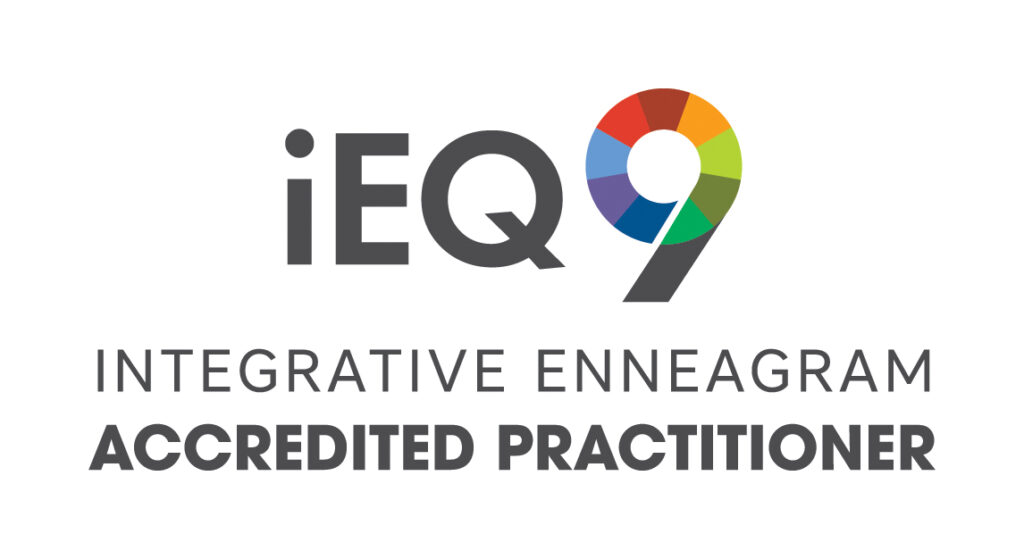As technology continues to evolve, we are seeing more and more jobs being replaced by machines. In many cases, this automation is efficient and can help businesses save time and money. However, there are some aspects of work that machines will never be able to replicate – the human element.
Believe it or not, emotions play a significant role in the workplace. Therefore, in order to be successful, it is critical to understand not only your own emotions, but also the emotions of those around you.
This is where developing emotional intelligence is key to your role, and the success of your team and company.

What is Emotional Intelligence?
Emotional Intelligence (EI) can be defined as the ability to perceive, understand, and manage emotions. This includes both your own emotions, as well as the emotions of others.
While emotional intelligence at work has only recently become a popular topic, it is something that humans have been dealing with for centuries. In fact, the concept of EI can be traced back to Ancient Greece.
Hippocrates, often referred to as the “Father of Medicine,” believed that there were four personality types: sanguine, choleric, phlegmatic, and melancholic. These personality types were based on the four elements: fire, earth, water, and air.
While Hippocrates’ theory has been largely discredited, it did lay the foundation for future theories on emotional intelligence.
Hippocrates’ work was later expanded upon by Plato, who believed that emotions were a result of Rationality (the ability to think clearly and make logical decisions) and Appetite (our physical desires).
A few hundred years later, Aristotle built upon Plato’s work and proposed the theory of the “Mean.” This theory states that humans should strive to maintain a balance between Rationality and Appetite.
While these early theories on emotional intelligence were somewhat simplistic, they did apply the footing for future research in this field.
In today’s world, emotional intelligence is widely recognized as a critical component of success, both personally and professionally. It’s what distinguishes the best and most prominent leaders from the rest.
Hence, developing your emotional intelligence can profoundly impact your career. Up next, we’ll discuss some of the benefits of emotional intelligence.
The Benefits of Developing Emotional Intelligence

Bruce Lee once said, “The successful warrior is the average man, with laser-like focus.” This couldn’t be more true when it comes to emotional intelligence.
While developing emotional intelligence isn’t necessarily about being the best or the brightest, it is about having a clear understanding of your emotions and those of others. When you have this level of insight, you can more effectively manage both yourself and your relationships.
Let’s take a look at some of the benefits of emotional intelligence:
Employee Engagement
Engaged employees are productive employees, and one of the best ways to create a culture of engagement is to foster an emotionally intelligent workplace.
When employees feel like they are valued and their opinions matter, they are more likely to be engaged in their work. When employees are engaged, they are more likely to be productive, creative, and successful.
Emotional intelligence in the workplace can help to create a culture of engagement, which in turn leads to happier, more productive employees.
Change Management
Change is inevitable – but that doesn’t mean it’s easy. In fact, change can be difficult for even the most emotionally intelligent people.
However, those with strong emotional intelligence skills are better equipped to manage change effectively. They are able to understand and accept the emotions of others, which makes it easier to navigate through tough transitions.
It’s the same in the workplace. When you tie in emotional intelligence and training, you are better able to manage change within your team or company. In addition, you can help others understand and accept the changes happening, making the transition smoother for everyone involved.
Building Trust
Trust is essential for any relationship – including those in the workplace. When employees trust their leaders, they are more likely to be engaged and productive.
Leaders who have strong emotional intelligence skills are better able to build trust within their team. They create an open and transparent environment where employees feel comfortable sharing their thoughts and ideas. This level of trust is essential for any team or company that wants to be successful.
Influencing Others
Influencing others is a crucial part of emotional intelligence. Those with strong emotional intelligence skills are better able to understand and manage the emotions of others. This allows them to more effectively influence the thoughts, feelings, and actions of those around them.
In the workplace, this skill is critical for leaders who want to motivate and inspire their teams. By understanding their employees’ emotions, they can better provide the support and guidance needed to achieve success.
Without emotional intelligence, it would be challenging to manage a team or company effectively. These skills are essential for any leader who wants to create a successful and thriving business.

Combine Hard Skills With Soft Skills
While emotional intelligence is essential, it’s not the only skill that you need to be successful in your career. You also need to have a strong foundation of hard skills. Hard skills are the specific knowledge and abilities that you need to do your job.
For example, if you’re in finance, you need to have strong math skills. If you’re a software developer, your hard skills include how to code in different programmatic languages. These are the types of specific skills that can be learned through experience or education.
No matter what industry you’re in, it’s vital to combine your hard skills with soft skills. Soft skills are the interpersonal skills that are essential for success in any job. These skills include things like communication, problem-solving, and time management.
When you have a combination of hard skills and soft skills, you’re more likely to be successful in your career. Think of it this way; hard skills might get you hired, but soft skills will help you to keep your job and advance in your career.
EI and AI – A Leader’s Skill Set for the Future
The future of work is changing – and emotional intelligence will be more critical than ever. With the rise of artificial intelligence (AI), many jobs that have traditionally been done by humans are now being automated. This means that routine tasks like data entry or customer service can now be done by machines.
While this might seem like a bad thing, it’s actually an opportunity for those with strong emotional intelligence skills.
You see, as more and more jobs are automated, the need for human interaction will only increase. This is where emotional intelligence comes in. Those with strong emotional intelligence skills will be able to thrive in the future of work because they’re the ones who can effectively manage and communicate with people.
In fact, according to findings by Capgemini Research Institute, on average, demand for EI is expected to increase by as much as six times. The financial services sector will see the highest increase in demand for EI skills, and the displacement of routine tasks, evolving job roles, and the inability to automate certain tasks will be the key factors driving this demand.
So, if you want to be successful in the future of work, it’s crucial to start developing your emotional intelligence skills now. There are many ways to do this, but some of the most effective include attending workshops and training sessions, working with a coach or mentor, and reading books on emotional intelligence.
No matter how you choose to develop your emotional intelligence, the important thing is that you start today. The future of work is changing, and those with strong emotional intelligence skills will be the ones who thrive.
Final Thoughts
As we have learned, emotional intelligence is a powerful tool that can benefit you, your team, and your company. By understanding and using emotional intelligence skills, you can create a more positive and productive work environment.
At North Executive Advisors, we specialize in coaching individuals and teams to reach their full potential. We are certified in Emotional Intelligence with Genos, one of the world’s leading emotional intelligence providers. With this in-depth knowledge and understanding of EI, we can help you to create a more positive work environment and achieve success in your career.
If you want to learn more about emotional intelligence and how it can benefit you, your team, and your company, contact us today. We’d be happy to answer any of your questions and help you to get started on the path to success.










